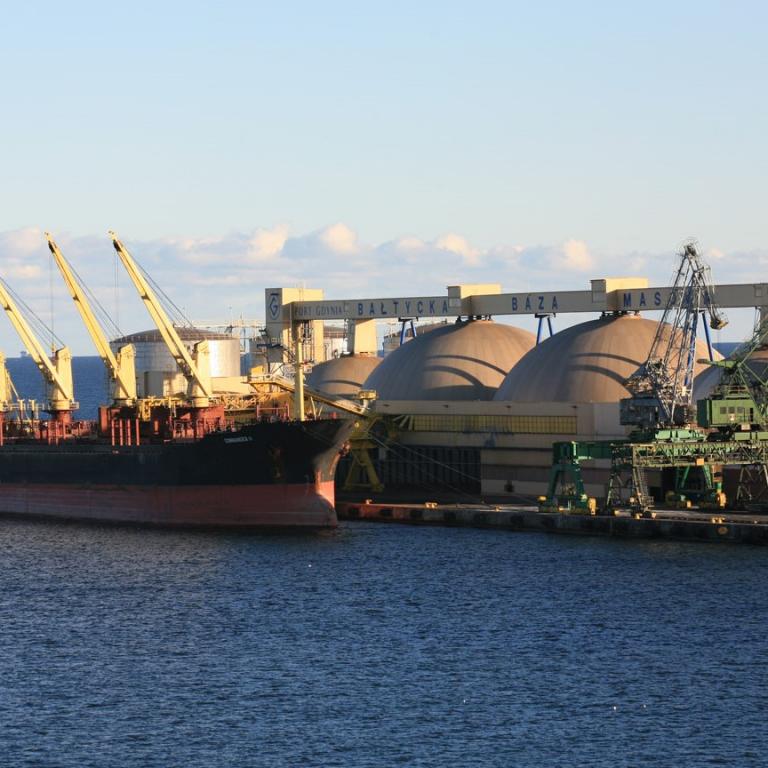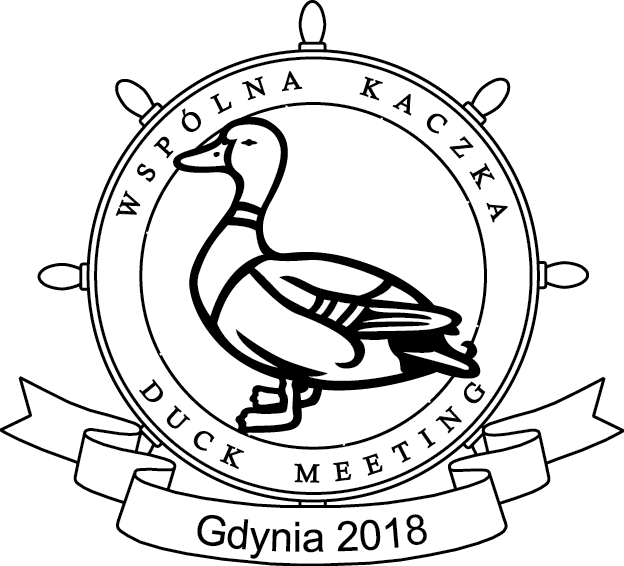
2017-06-20
Ports are more and more green
“Baltic Sea as a model region for green ports and maritime region” is a declaration adopted by the Baltic Ports Organisation. Its aim is to promote Baltic as a model region in the scope of “green”, i.e. pro-environmental ports and maritime transport.
Baltic ports function in a particularly demanding environment because this sea has become a laboratory where novel legislation and technical solutions are tested – with all the consequences of such a testing. It is here that first particularly restricting norms concerning the accepted exhaust emissions or waste and sewage disposal from ships were introduced or will be introduced. It is here that scrubbers and other types of fuels as well as cold ironing, that is supplying ships with power from land during their stay in ports, are tested. First ships powered by LNG (liquid natural gas) sail on the Baltic Sea, and 10 Baltic ports signed an agreement concerning powering ships with energy from quays. In a few years, main Baltic ports will be required to have stations supplying ships with power and fuel gas. Next nine ports were obliged to build a receiving facility for ship sewage – mainly from passenger ships.
This is why BPO’s policy promoting Baltic as a model region of ports’ functioning and maritime transport in the scope of pro-environmental management has two aims. Firstly, the promotional aspect. Since Baltic ports, and more widely, maritime transport distinguish themselves among other regions of the EU in the scope of environmental standards regulation, we treat it as our advantage, the promotional argument. Secondly, it is also a political argument. Such is the will of nations, visible due to the results of general elections in most countries of the Baltic region.
Acceptance for such actions is almost common in the Baltic ports. The number of supporters of such solutions is gradually growing all over the world. The classic example is that the EU countries which are not in the SECA region also decided to reduce the emission of sulphur compounds in exhaust gases. It is a smaller reduction, but it is still there. It is more and more common that maritime operators are willing to choose the so-called “green ports” also because of prestigious and demonstration considerations in order to show their concern about environmental protection.
As far as Polish ports are concerned, they fulfil all requirements arising out of international law. Efforts are undertaken, which predict their success in facing the challenges from announced environmental regulations.
One of the panels at the Maritime Economy Forum Gdynia 2017 shall be dedicated to seaports.
Article developed in cooperation with "Namiary na Morze i Handel" magazine.
phot. Tadeusz Urbaniak/ZMPG-a S.A


